Lia Thomas originally made headlines in 2022 when she became the first openly transgender swimmer to win an NCAA Division 1 national championship as a student at the University of Pennsylvania.
After winning the women’s 500-yard freestyle, World Aquatics barred the swimmer from competing in future women’s events. This past year, she filed a lawsuit against the organization in a bid to re-enter the sport.
Why Was Thomas Banned From Swimming?
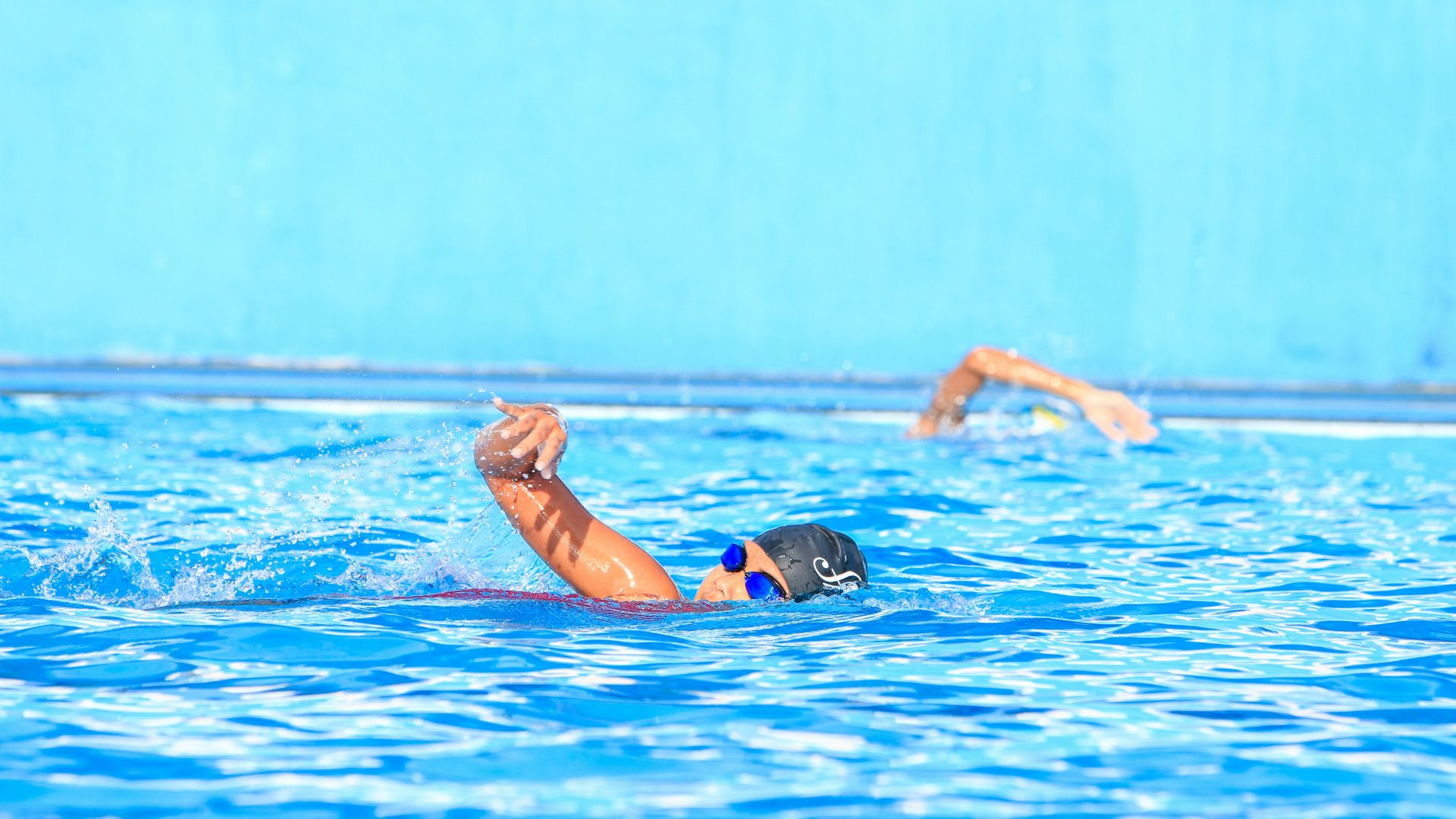
After her controversial win in 2022, the World Aquatics organization banned transgender women from competing in women’s sports if they began their transition after the age of 12.
The governing body creates the rules for high-level competitions like the Olympics and world championships. However, Thomas would still be able to compete in the “open category.”
Who Is Lia Thomas?
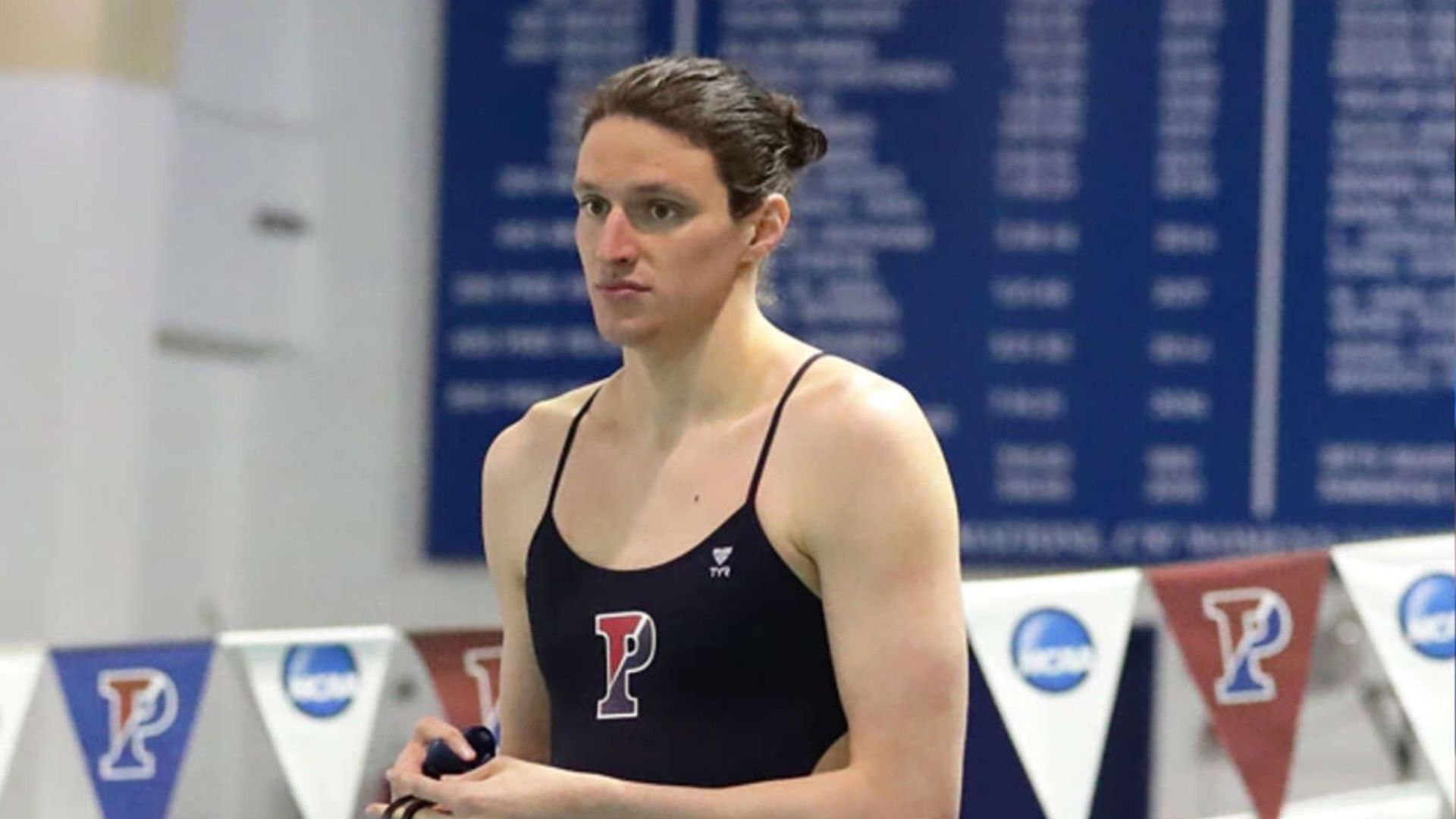
Lia Thomas began to make waves in the world of college swimming when she won the 500-yard freestyle swimming event at the NCAA championships in Atlanta.
Thomas quickly became a polarizing figure. The transgender community looked up to her as a person pursuing their passion, while other swimmers in the event called the whole thing unfair as they saw Thomas having a biological advantage. Before switching to the women’s team, Thomas competed for three years on the men’s squad at UPenn.
Courts Allegedly Dismissed Thomas’ Allegations

After launching a lawsuit earlier this year, the Court for Arbitration of Sport allegedly dismissed her request to settle the dispute with World Aquatics.
Thomas asked the arbitration courts located in Switzerland to overturn the rules, citing discrimination and unlawful practices.
The Three-Judge Panel Made a Quick Assessment

The court released a statement on their quick ruling this Wednesday, stating, “The panel concludes that she lacks standing to challenge the policy and the operational requirements in the framework of the present proceeding.”
The panel also noted that USA Swimming has no authority to modify the cope of applying the rules set out by World Aquatics.
World Aquatics Issued a Statement on the Controversy
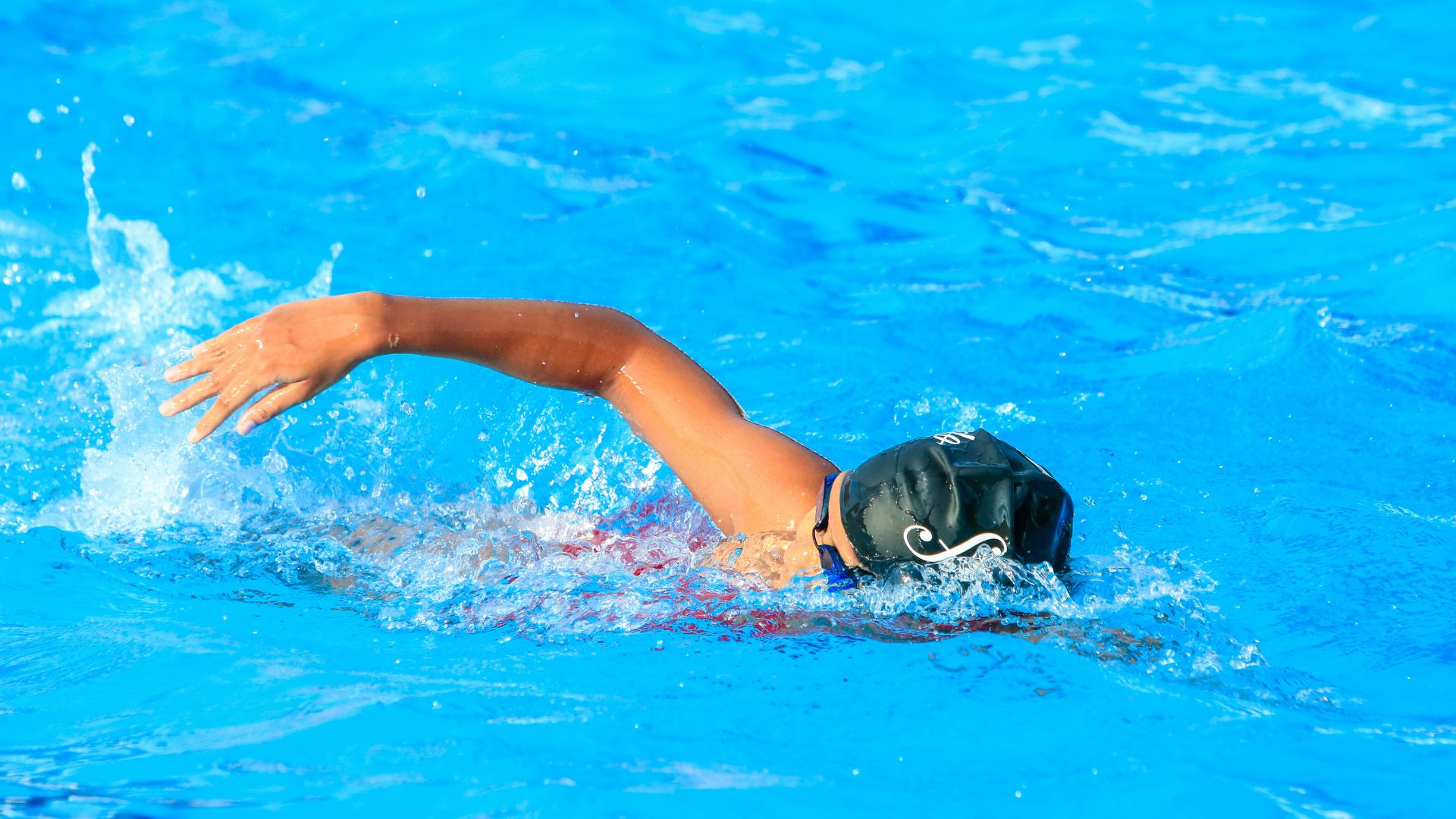
The organization that issues rulings on elite-level swimming competitions made the original judgement on what they thought was the most fair
In a statement to USA Today, the organization recognized the following: “World Aquatics is dedicated to fostering an environment that promotes fairness, respect, and equal opportunities for athletes of all genders and we reaffirm this pledge. Our policies and practices are continuously evaluated to ensure they align with these core values, which led to the introduction of our open category.”
The Organization Promises To Work Collaboratively With All People in the Future
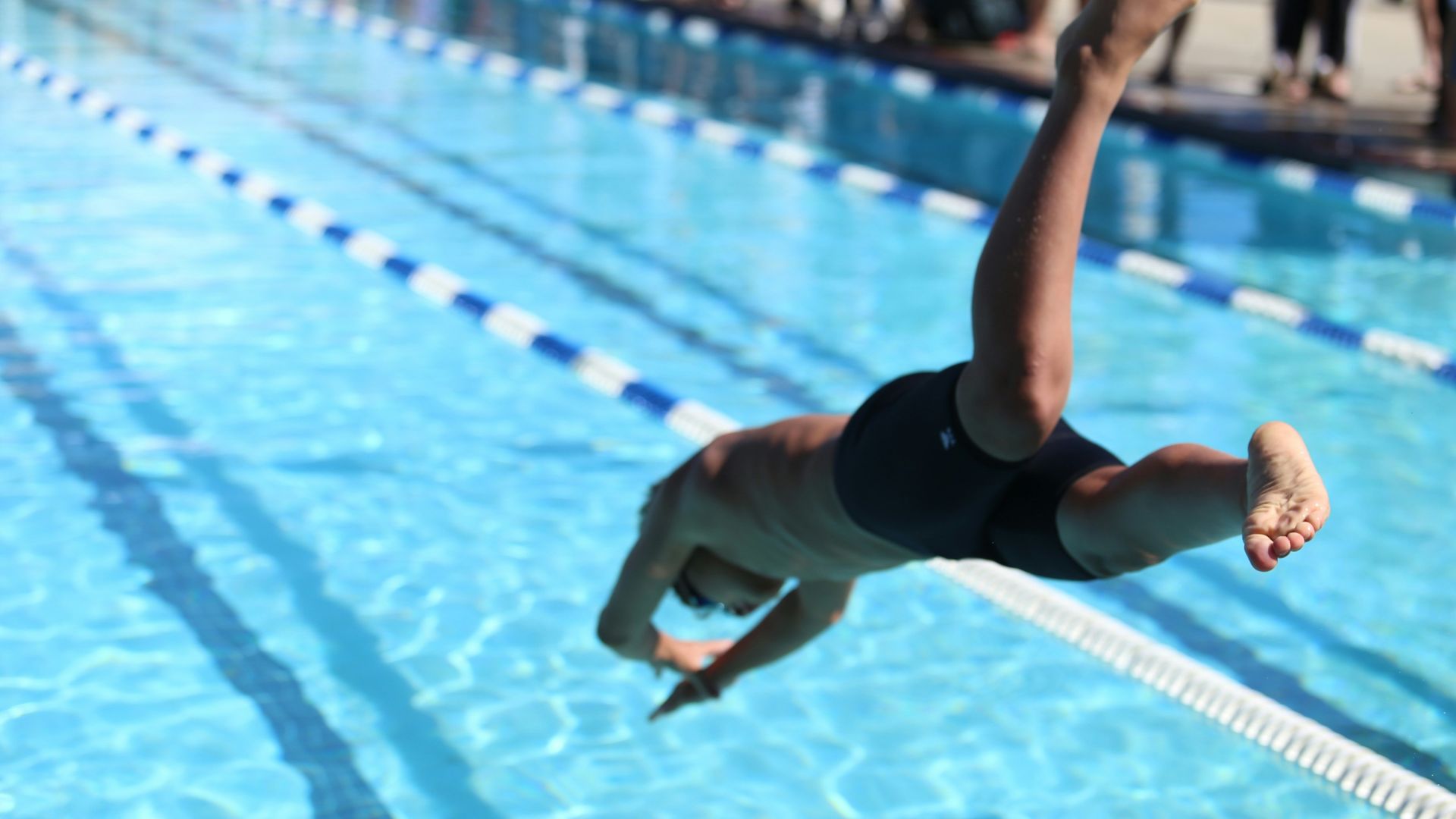
Although many frowned upon the rules that the swimming organization set out for the Olympics, they have agreed to work alongside transgender swimmers in the future. Part of their initiative has already begun with the “open” gender category.
The group further stated, “We remain committed to working collaboratively with all stakeholders to uphold the principles of inclusivity in aquatic sports and remain confident that our gender inclusion policy represents a fair approach.”
Is It Fair for Transgender Women To Compete in the Women’s Category?
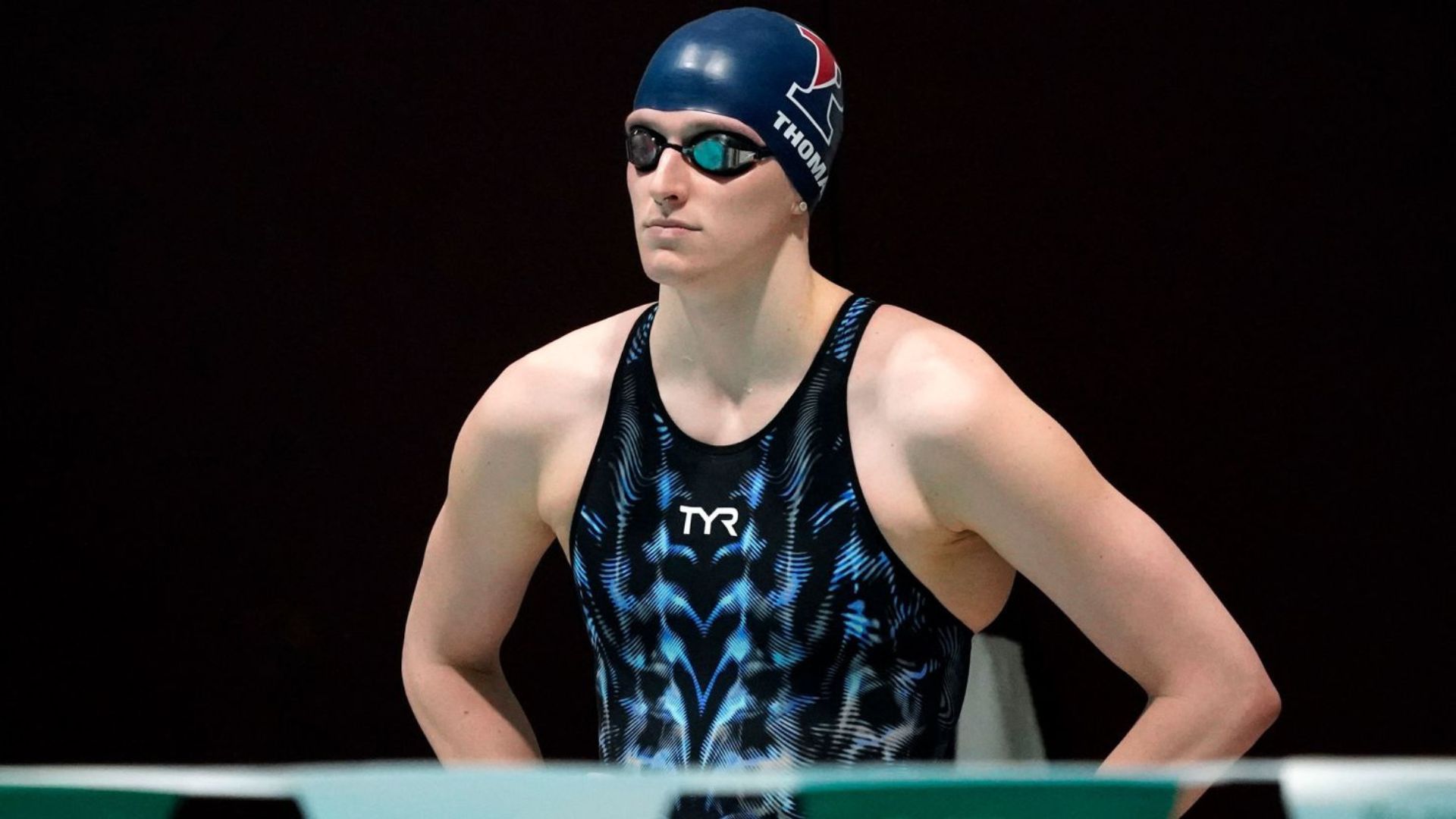
In recent years, the debate as to whether transgender women should compete against cis-gender women has been raging. Many people argue that the biological advantage of going through male puberty is unfair, as they can gain more height and muscle mass in just a few years, whereas women who go through female puberty don’t gain the same amount of testosterone.
Hormone therapy, like estrogen injections, is said even to increase the playing field between the two groups. However, the muscle and height already gained still stand as an advantage for swimmers who have gone through male puberty. That being said, there are no height or weight restrictions for female swimmers; an exceptionally tall woman with broad shoulders would most likely be better matched against Thomas.
Why Are Sports Divided by Gender and Not by Size?
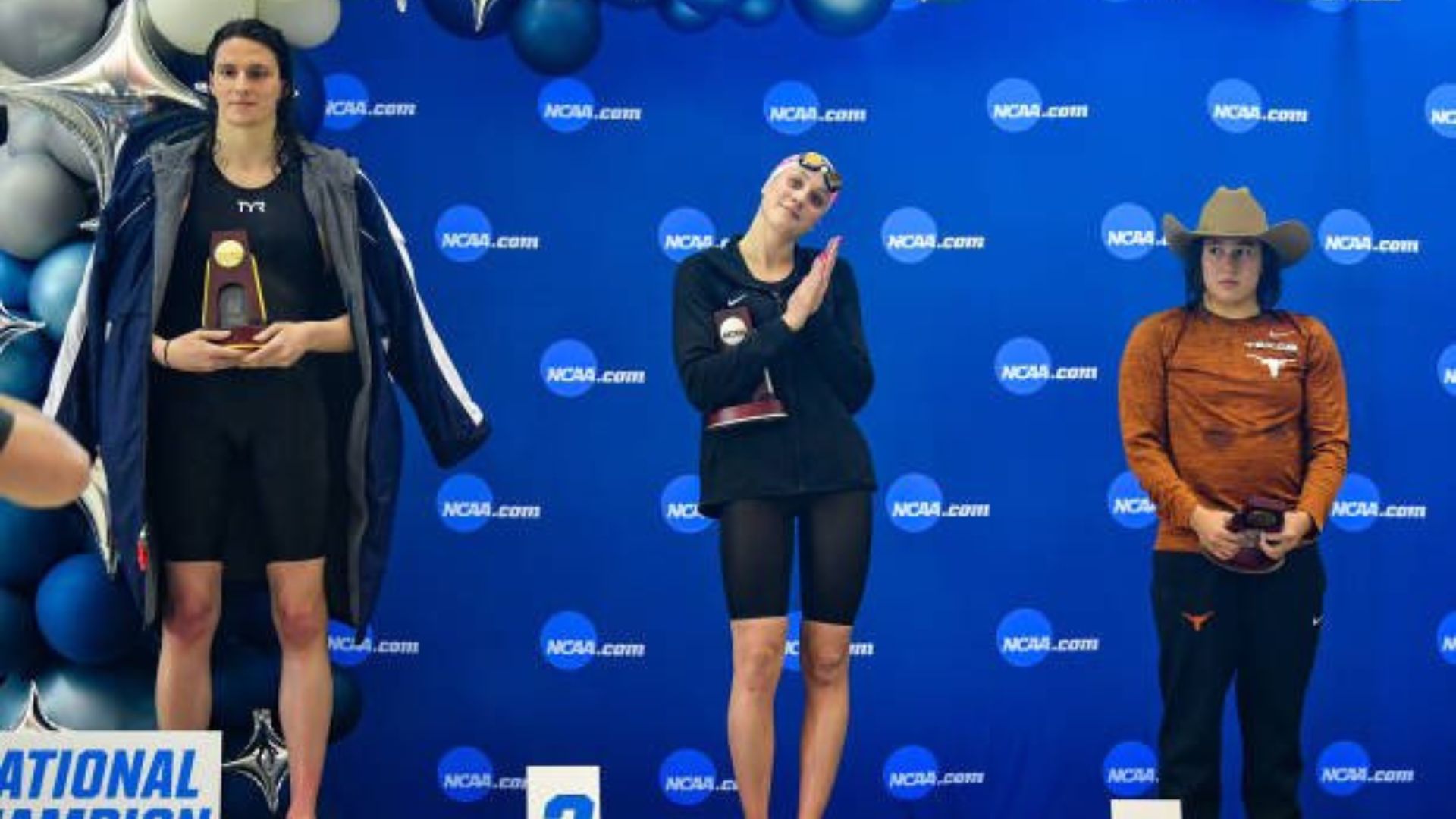
It’s not a secret that basketball players are tall or that successful swimmers (think Michael Phelps) have long arms. Certain body types can be advantageous in different sports. So why aren’t sports divided by size instead of gender?
Congress thinks that they have a good reason for the division. In the Title IX ruling, they determined that irrespective of size or height, males, as a group, are stronger and have more explosive force, making them better at certain sports, even against women their own size.
Do Transgender Men Compete in Men’s Sports?
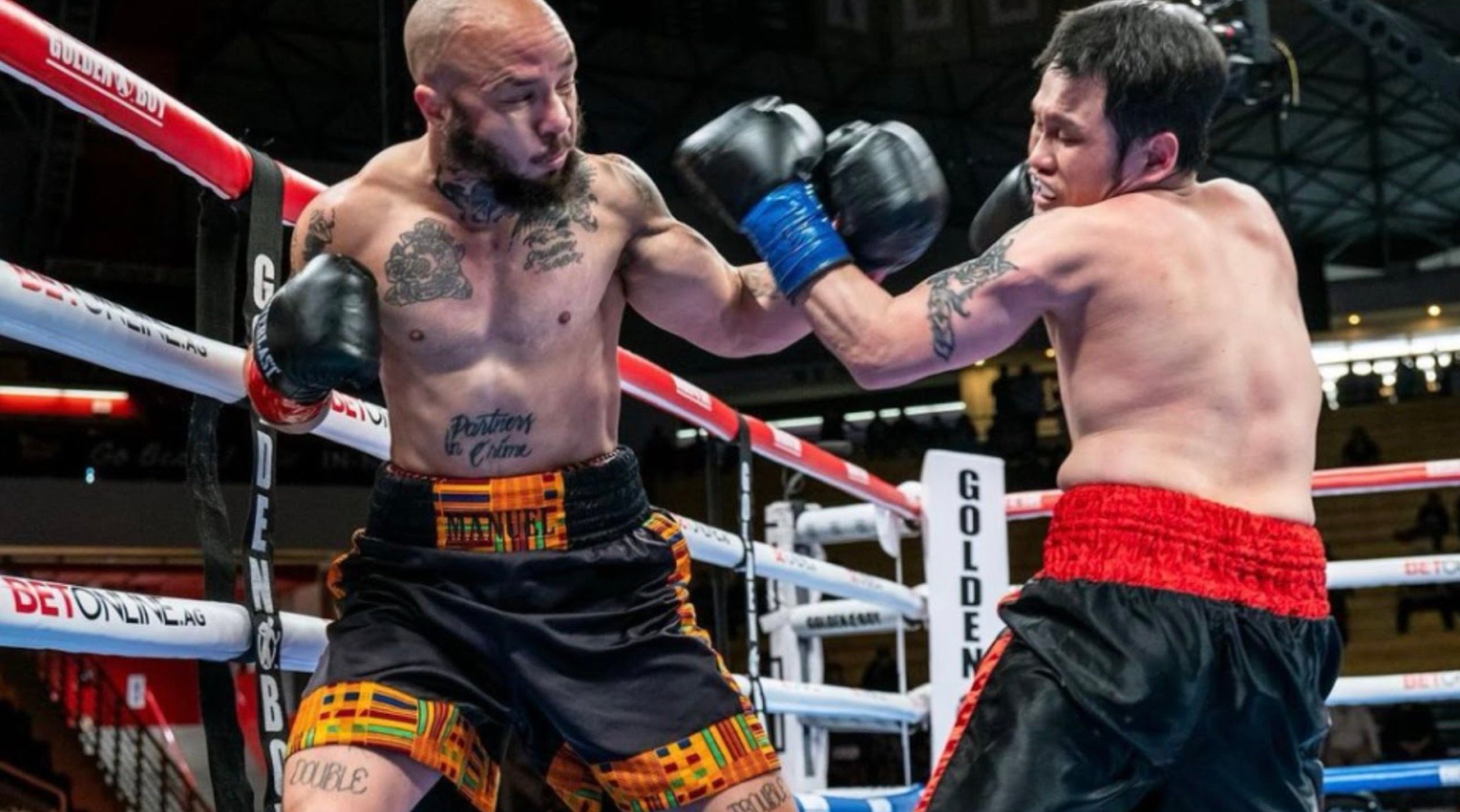
Transgender men most likely won’t face the same controversy as they are seen as having a disadvantage against biological men.
One example is professional boxer Patricio Manuel, who underwent gender reassignment surgery in 2014. Despite not going through male puberty, Manuel had a long winning streak that recently ended in April.
Former Opponent of Thomas Issues a Statement

Riley Gaines is a former NCAA swimmer who once competed against Thomas. The two tied for fifth place once at a meet, and Gaines says this stunted her professional career.
She issued the following statement on the ruling: “This ruling is a small victory for girls and women everywhere. I think we will see more wins like this both in the judicial courts and the courts public opinion as time goes on. Although he would never qualify, Thomas can still try out for the men’s U.S. Olympic team. I hope the NCAA now takes a similar decisive action by stripping Thomas off all awards, titles, and records he stole from deserving female athletes.”
The Olympics Does Allow Transgender Competitors in Other Categories
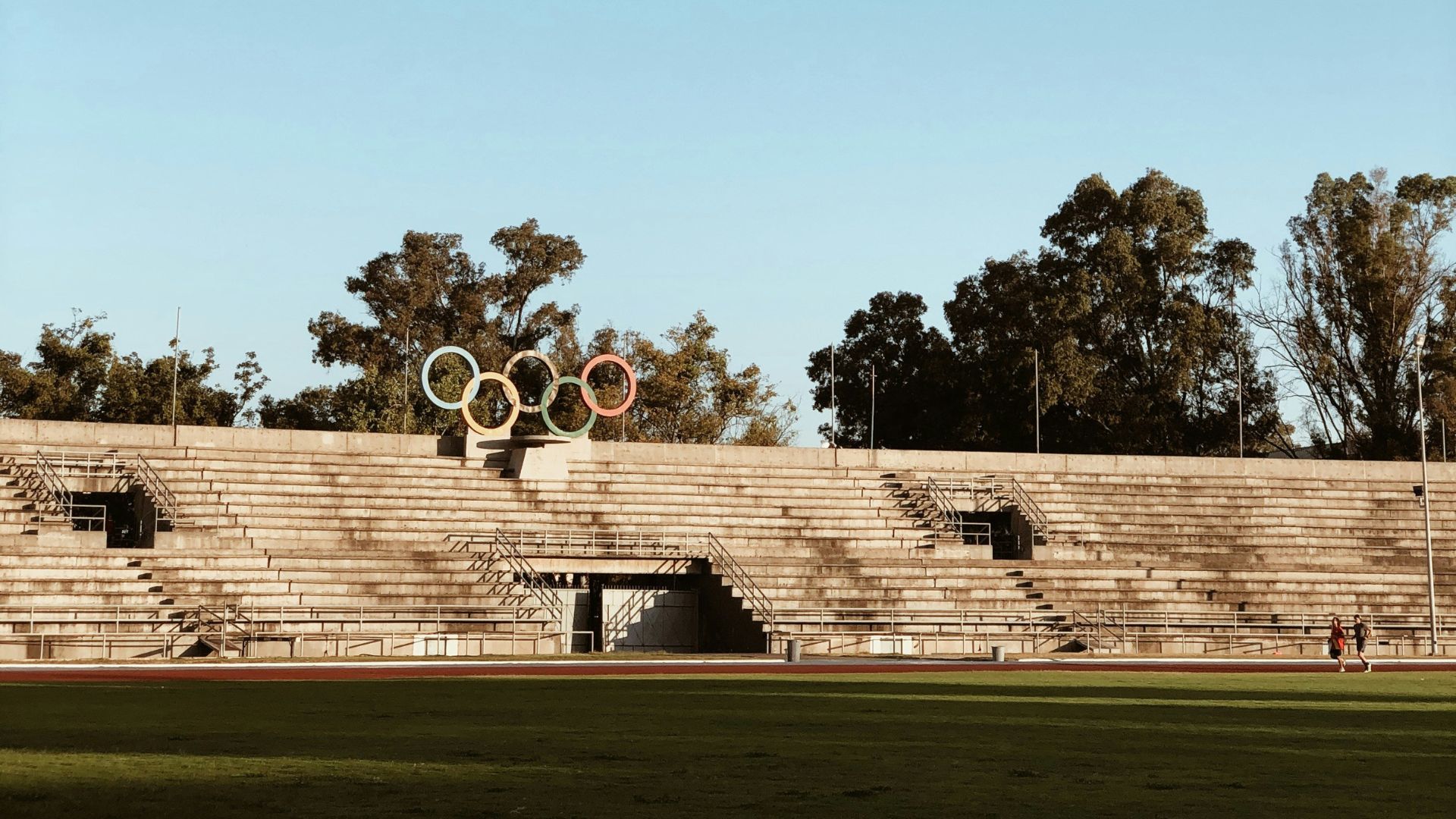
Although Thomas and other transgender swimmers will not be allowed to compete in the women’s category, other sports will see several trans athletes during the Paris Olympic games this summer.
The policy was originally created because the International Olympic Committee allowed each sport to govern its rules regarding this touchy subject. The Olympics itself does not decide who plays in each sport; rather, each country uses a series of championships and finals to select its athletes.








































